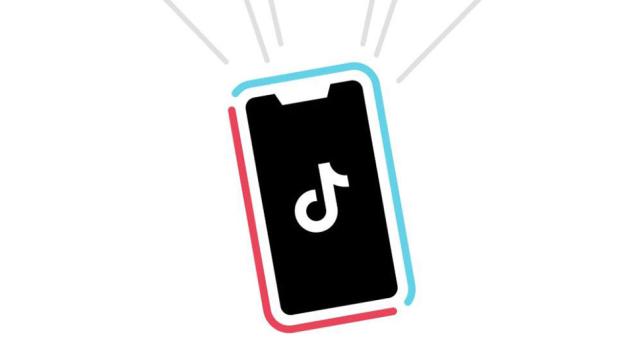TikTok aimed to “set the record straight” Friday in a company blog post detailing its practices after U.S. Congress raised national security concerns about the viral video app among other China-owned properties earlier this week. In it, TikTok maintained that its focus is entertainment, not politics, and no foreign government has a hand in its moderation policies.
According to TikTok’s post, all U.S. user data is stored in America and backed-up on servers in Singapore. Since the company purportedly doesn’t maintain any data centres on Chinese soil, it’s not beholden to Chinese law.
“Let us be very clear: TikTok does not remove content based on sensitivities related to China. We have never been asked by the Chinese government to remove any content and we would not do so if asked. Period,” the post reads, refuting reports that TikTok censors content that may run counter to Chinese government propaganda, such as news on the ongoing anything pro-LGBT.
“TikTok does not operate in China, nor do we have any intention of doing so in the future,” the post continues, though how that remains true when TikTok’s parent company, ByteDance, is based in Beijing isn’t explained. TikTok did not immediately respond to Gizmodo’s request for comment.
On Thursday, U.S. senators Chuck Schumer (D-NY) and Tom Cotton (R-AR) sent a letter asking Acting Director of U.S. National Intelligence Joseph Maguire to investigate possible cybersecurity threats posed by the app, which boasts 110 million downloads in the U.S. alone and more than 1 billion downloads globally.
U.S. Senator Marco Rubio (R-FL) raised similar concerns earlier this month when he requested a federal review of the company’s 2017 acquisition of Musical.ly, a karaoke app TikTok later absorbed, userbase and all, in a move to crack the U.S. market.
And U.S. Congress isn’t the only one on edge when it comes to Chinese tech companies. Earlier this month, the U.S. Department of Commerce added 28 agencies to its growing “blacklist” of Chinese companies banned from U.S. business ventures, a move Cotton applauded as a strike against the “Communist Party’s dystopian surveillance state.”
